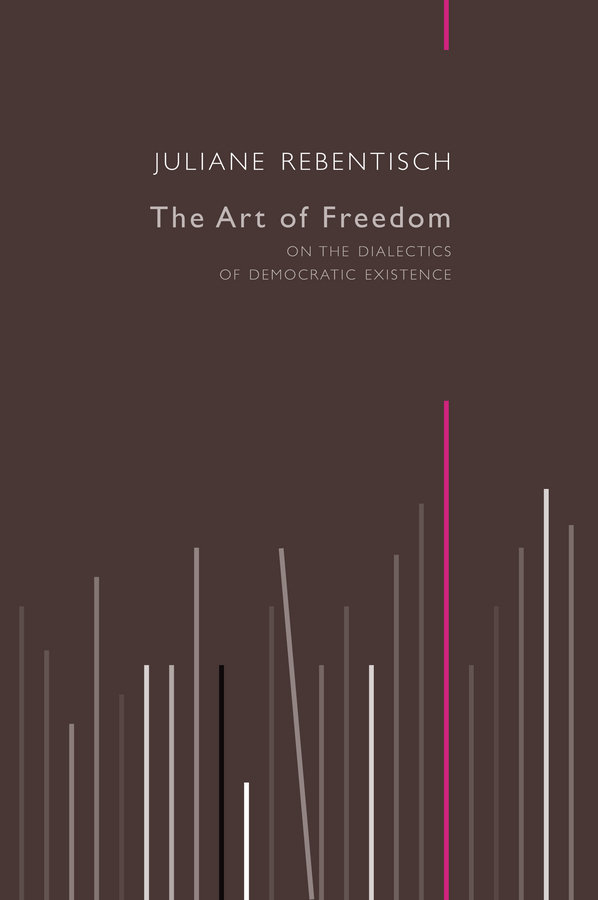The concept of democratic freedom refers to more than the kind of freedom embodied by political institutions and procedures. Democratic freedom can only be properly understood if it is grasped as the expression of a culture of freedom that encompasses an entire form of life. Juliane Rebentisch's systematic and historical approach demonstrates that we can learn a great deal about the democratic culture of freedom from its philosophical critics.From Plato to Carl Schmitt, the critique of democratic culture has always been articulated as a critique of its ãaestheticization". Rebentisch defends various phenomena of aestheticization D from the irony typical of democratic citizens to the theatricality of the political D as constitutive elements of democratic culture and the notion of freedom at the heart of its ethical and political self-conception.This work will be of particular interest to students of Political Theory, Philosophy and Aesthetics.


